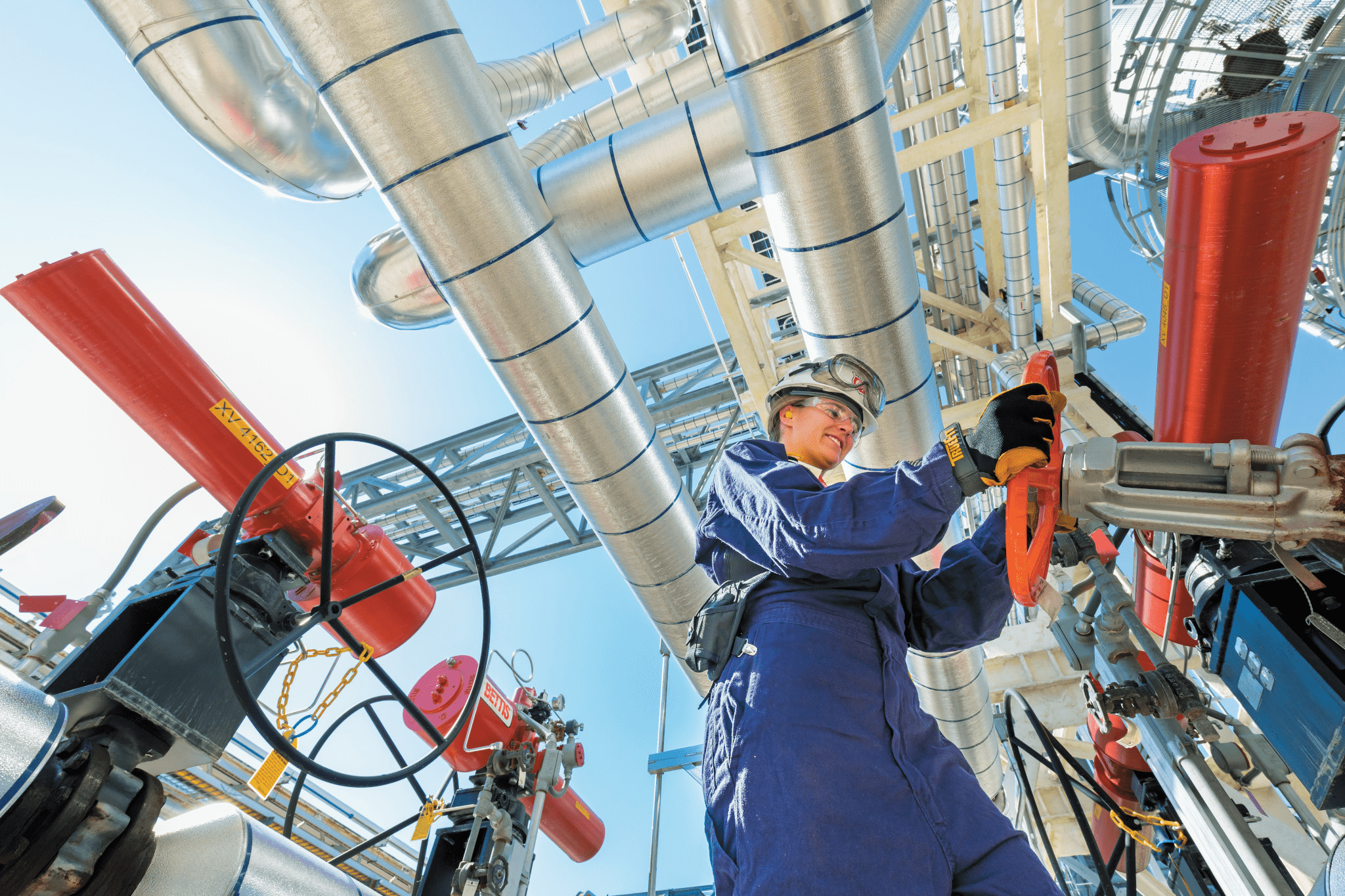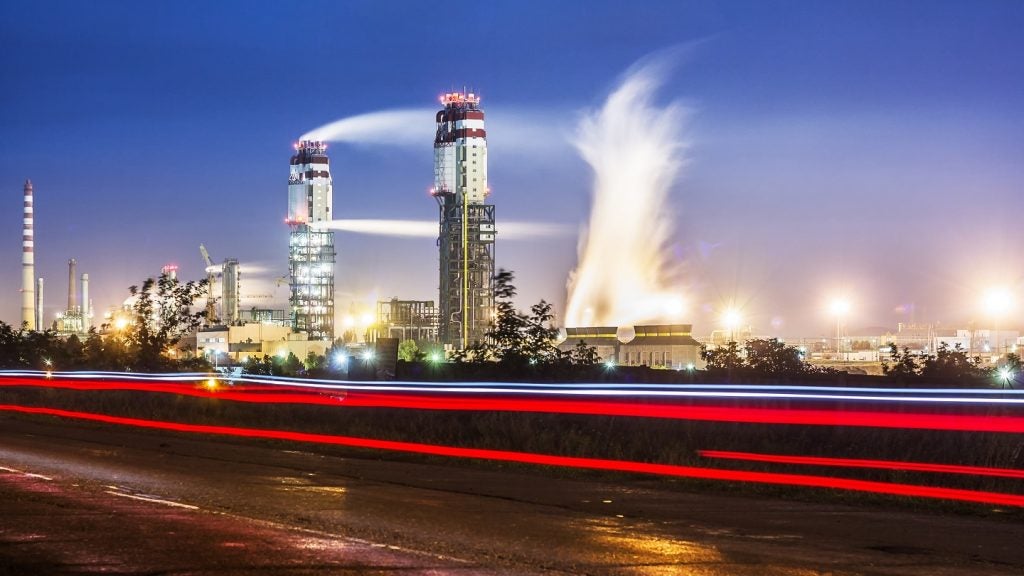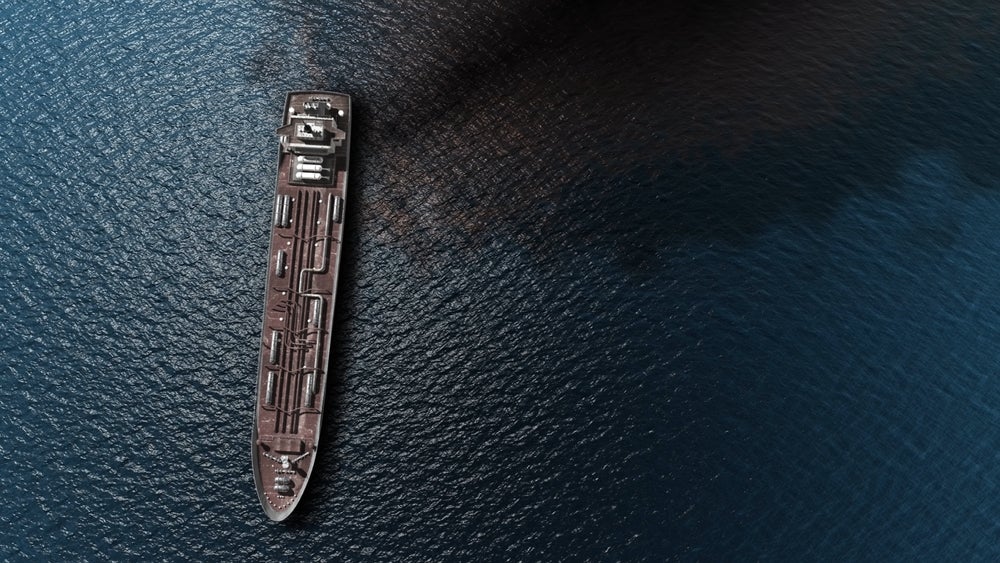
Exploring the Top 10 Lucrative Jobs on Offshore Platforms: High-Paying Careers
Offshore oil and gas professionals expect good pay in return for physically and mentally challenging work. Any offshore work comes with an inherent risk, and workers endure this while spending weeks away from home and family.
Responsibilities and precise job roles vary across the world, but offshore hierarchies generally fall into different broad roles. Based on data from 2019, here we list some of the most lucrative offshore platform-related jobs in the oil and gas industry. Since that time, jobs have come under increasing threat from the Covid-19 pandemic and advanced automation, so don’t rely on these numbers for your next job interview.
Offshore drilling consultants – $143,000-$305,000

The salary of a drilling consultant working offshore ranges from $143,000 to as much as $305,000 a year. This makes it potentially one of the most lucrative offshore platform jobs around.
Drilling consultants supervise the daily operations of the rig and provide advice and consultation on several drilling issues. They coordinate with onshore supervisors and convey orders to on-site personnel to optimise rig production. They are also responsible for ordering new supplies and equipment, as well as maintaining the required number of workers on the platform at any point in time.
Offshore installation managers – $174,000-$247,000
Offshore installation managers (OIM), who occupy a senior position on an offshore platform, typically earn an annual salary between $174,000 and $247,000. While the earnings potential reaches a lower maximum than consultants, it remains one of the most lucrative offshore platform jobs.
How well do you really know your competitors?
Access the most comprehensive Company Profiles on the market, powered by GlobalData. Save hours of research. Gain competitive edge.

Thank you!
Your download email will arrive shortly
Not ready to buy yet? Download a free sample
We are confident about the unique quality of our Company Profiles. However, we want you to make the most beneficial decision for your business, so we offer a free sample that you can download by submitting the below form
By GlobalDataManaging all activity on an offshore platform, OIMs ensure that production conforms to company rules and official regulations. They are trained to handle emergencies and are responsible for the health, safety and wellbeing of the workers on board. They also oversee the work and training of all platform personnel, as well as ensuring the timely maintenance and repair of equipment.
Production/maintenance supervisor – $108,000-$239,000

High entry pay levels for production and maintenance supervisors are upwards of $108,000 and increase to $239,000 for experienced personnel, making it one of the most lucrative on an offshore platform.
Production and maintenance supervisors are responsible for ensuring that the production plant and the mechanical and electrical equipment function efficiently to meet the production targets.
They also manage the activities of the production and maintenance technicians, coordinate with engineers and the offshore installation manager, and liaise with onshore engineers to solve production and maintenance issues.
Subsea/chemical process engineers – $75,000-$188,000
Subsea engineers and chemical process engineers, the most highly paid engineers on an offshore platform, earn between $75,000 and $188,000 a year.
Subsea engineers design and install equipment, tools and infrastructure required for offshore oil and gas production, as well as administer the installation of wellheads on the seabed and the pipelines that connect them to the platform.
Process engineers are responsible for designing and constructing the facilities and equipment involved in the processing and production of oil and gas. They also plan the maintenance and improvement of the equipment and take part in risk assessments.
Reservoir engineers/Drilling engineers – $73,000-$184,000

Reservoir engineers and drilling engineers are paid approximately $73,000 to $184,000 a year. These professionals use geological data to determine the distribution of oil and gas reserves in the reservoir and create simulation models to predict the flow of fluid through rocks to ultimately develop economically viable plans to extract them.
Drilling engineers plan, develop and oversee the drilling operations of oil and gas wells. They contribute throughout the lifecycle of a well, from the design stage to testing, completion and abandonment. They also plan and administer the budgets of drilling operations.
Geologists – $65,000-$183,000
Well-trained and experienced geologists and geophysicists, who conduct seismic surveys and analyse the data to locate new deposits, are paid between $65,000 and $183,000 per annum in the offshore oil and gas industry.
They examine the properties of a prospective reservoir or field and assess the geological risks associated with it. They build geological models and plan the development of the exploration wells. They are required to spend time on offshore oil production platforms to perform test drilling and maximise the oil or gas production from a field.
Workover or completion staff – $56,000-$181,000

The starting salary of completion or workover staff is approximately $56,000 per annum while engineers and managers among them are paid as much as $181,000 a year. Workover or completion staff are responsible for preparing the wells for production and fixing any problems with active wells.
They implement and execute well construction according to the design standards and specifications. They are also required to troubleshoot operational and technical issues relating to the completion and workover process. Experienced professionals analyse completion or workover performance and recommend equipment or procedural changes.
Tanker captain – $75,000-$170,000
Tanker captains navigate large container vessels carrying oil and gas from offshore platforms to terminal facilities. They are paid salaries ranging from $75,000 to $170,000 a year.
Their scope of work includes plotting the safest and most efficient routes between the offshore platforms and mainland ports while manoeuvring the vessel to avoid danger. They also manage safety aboard the vessel, as well as supervise cargo unloading at the port.
Taking charge of a vessel gives some level of freedom, though captains must adhere to international maritime laws. In some regions, shipping crews have been known to work in dangerous conditions for very little pay. While maritime regulations aim to prevent bad practices, a lack of enforcement has occasionally allowed serious human rights abuses.
Marine engineers – $70,000-$155,000

Marine engineers working on offshore platforms earn between $70,000 and $155,000 a year and are responsible for designing, installing and maintaining marine engineering systems on the platforms.
Marine engineers plan, design, and construct offshore rigs, pipelines and equipment. They also repair and conduct environmental, operational, or performance tests on marine machinery and equipment such as remotely operated vehicles and drillships. They manage the lifecycle of the project and oversee maintenance tasks on the plant and machinery.
Divers/helicopter pilots – $75,000-$150,000
The salary of commercial divers and helicopter pilots working in the oil and gas industry ranges between $75,000 and $150,000 a year. Experienced divers support the construction, inspection and maintenance of offshore platforms and are involved in activities such as underwater welding, repair and cleaning of subsea installations, pipelines and structures.
Helicopter pilots transport personnel and cargo between offshore platforms and assist in geological surveying. They also fly injured or ill workers to onshore medical facilities during emergency air ambulance missions.






